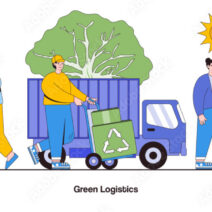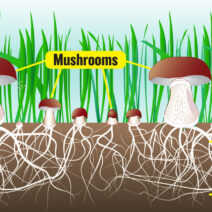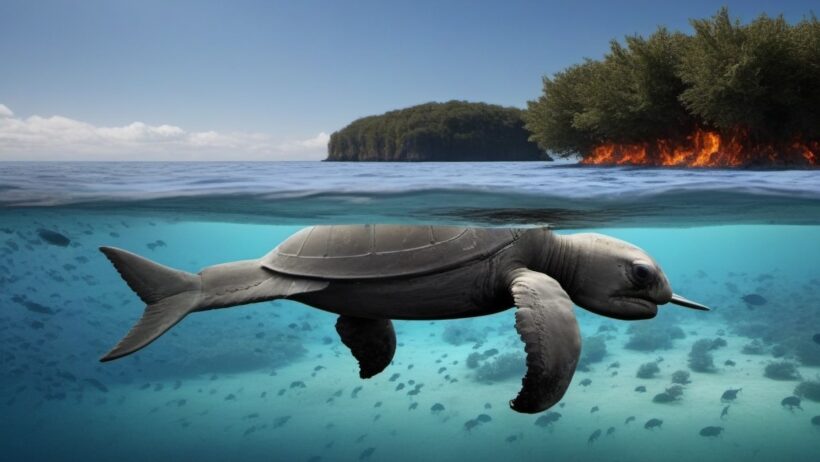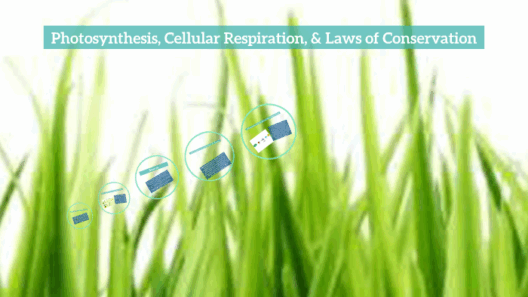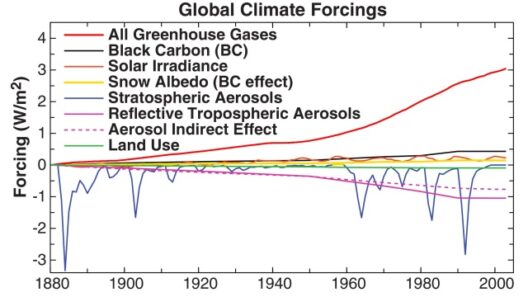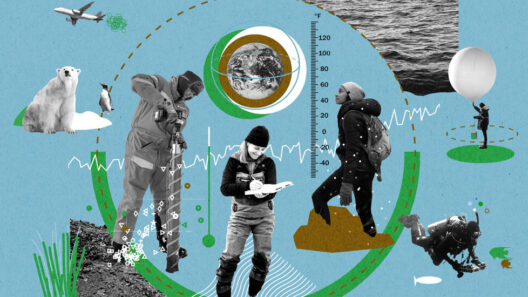As global temperatures continue to rise, the oceans—vital to the health of our planet—are undergoing profound changes that demand our immediate attention. The phenomenon known as global warming has resounding implications for marine life, leading to a cascade of environmental shifts that are both alarming and crucial to understand.
The oceans cover over 70% of the Earth’s surface and are essential in regulating climate patterns, absorbing carbon dioxide, and supporting an extensive range of biodiversity. However, with an average increase of approximately 1.2 degrees Celsius since the late 19th century, these massive bodies of water are becoming a significant indicator of climate change. This warming is resulting in a myriad of consequences that threaten marine ecosystems, species, and the livelihoods of countless human communities dependent upon them.
One of the most significant repercussions of heightened water temperatures is the phenomenon of coral bleaching. Corals are highly sensitive to temperature variations. When water temperatures rise, corals expel the symbiotic algae (zooxanthellae) that provide them with food through photosynthesis. This process not only impacts the coral itself but also disrupts the entire ecosystem, as many marine species rely on coral reefs for habitat and nourishment. Bleached corals become more susceptible to disease and mortality, resulting in the decline of reef structures that serve as vital habitats for approximately 25% of all marine species.
Furthermore, the rising temperatures facilitate the expansion of harmful algal blooms (HABs). These blooms can produce toxins harmful to both marine life and humans. Species such as shellfish accumulate these toxins, leading to shellfish poisoning in humans. The economic ramifications are significant as fisheries and aquaculture industries face closures, threatening food security for coastal communities.
In an additional twist, warmer waters are changing the distribution of fish species. Species that once thrived in specific regions are migrating poleward or to deeper waters in search of their optimal thermal conditions. This shift in distribution is not merely an ecological concern; it also poses challenges for fisheries management. As commercial fish stocks follow these changes, traditional fishing communities may find their livelihoods threatened, creating socio-economic instability.
Beyond temperature rises, ocean acidification is another colossal concern linked to global warming. As the atmosphere warms, oceans absorb increased carbon dioxide, leading to a decrease in pH levels. This acidification adversely affects calcifying organisms, such as mollusks and coral, hampering their ability to form shells and skeletons. The repercussions are far-reaching, as these species are foundational to marine food webs. The decline in their populations could lead to broader disruptions within the ecosystem.
Moreover, global warming contributes to rising sea levels, primarily due to the melting glaciers and polar ice caps. These surges threaten coastal ecosystems, particularly mangroves and salt marshes, which are crucial for biodiversity and serve as natural buffers against storm surges. As habitats erode, the intricate relationships among species are put at risk, leading to additional losses in biodiversity. The displacement of species can trigger unforeseen consequences as predator-prey dynamics are altered, affecting the overall balance of marine ecosystems.
Ecological phenomena such as ocean stratification are emerging, exacerbated by global warming. When surface waters warm, they do not mix with the cooler, denser water below as effectively. This stratification diminishes nutrient upwelling, which typically supports rich marine life. A decrease in nutrients can lead to reduced phytoplankton production—the foundation of the marine food web—thus affecting everything from tiny zooplankton to large marine mammals.
Plastic pollution, already a dire issue, is compounded by global warming. As temperatures rise, the degradation of plastics in the ocean occurs at an accelerated rate, releasing harmful chemicals into the water. Fish and marine mammals ingest these microplastics, which can cause health issues and ultimately make their way up the food chain, adversely affecting human health as well.
The interaction between global warming and marine life also raises ethical considerations. The plight of vulnerable species such as sea turtles and polar bears emphasizes the interconnectedness of our ecosystems. As these species struggle to adapt to changing environments—from nesting sites threatened by rising sea levels to shrinking ice habitats—human responsibility becomes paramount. Our actions hold the key to creating a future where marine and terrestrial life can coexist sustainably.
While the challenges posed by global warming to marine life are formidable, there remains room for optimism. Innovations in aquaculture, sustainable fishing practices, and marine conservation efforts are emerging to combat these impacts. Collaborative international efforts aimed at reducing greenhouse gas emissions are also crucial in mitigating the effects of climate change on our oceans.
The science is clear: the oceans are under pressure, and marine life is feeling the strain. By shifting our perspective and understanding the intricate connections among climate change, ocean health, and biodiversity, we can become proactive stewards of our blue planet. Engaging in conservation efforts, advocating for policy changes, and supporting sustainable practices are essential steps toward protecting the oceans for future generations.
In conclusion, the urgent narrative of global warming and its impact on marine life serves as a call to action. The oceans are suffering, and our response will determine the health of these vital ecosystems. The stakes could not be higher; the future of marine biodiversity and the wellbeing of the human race hinges on our decisions today.
